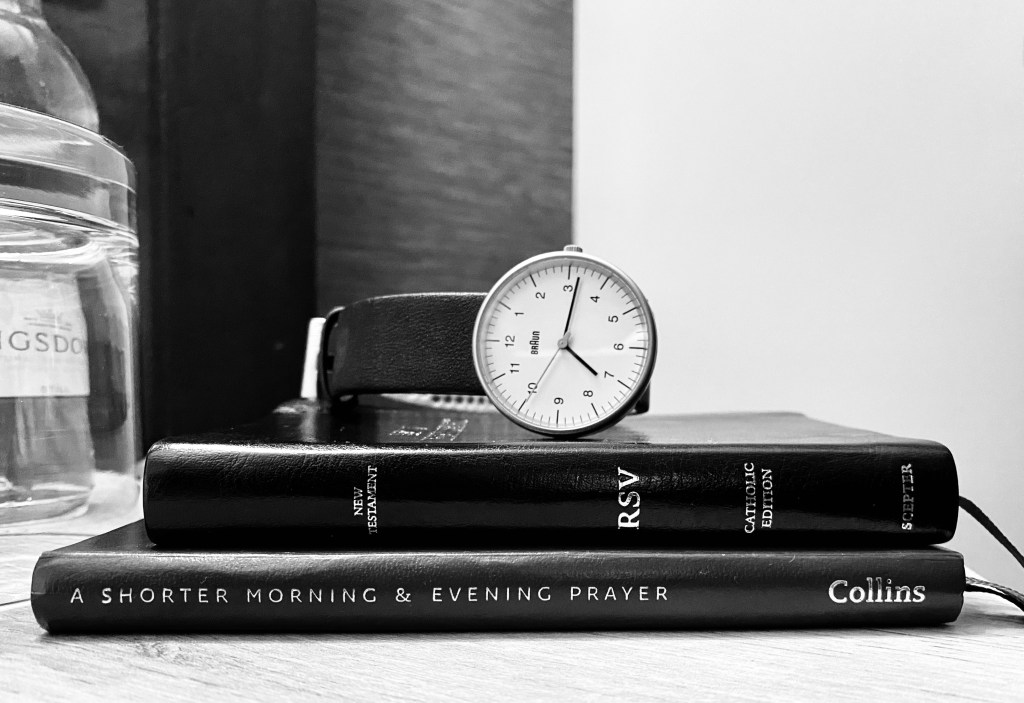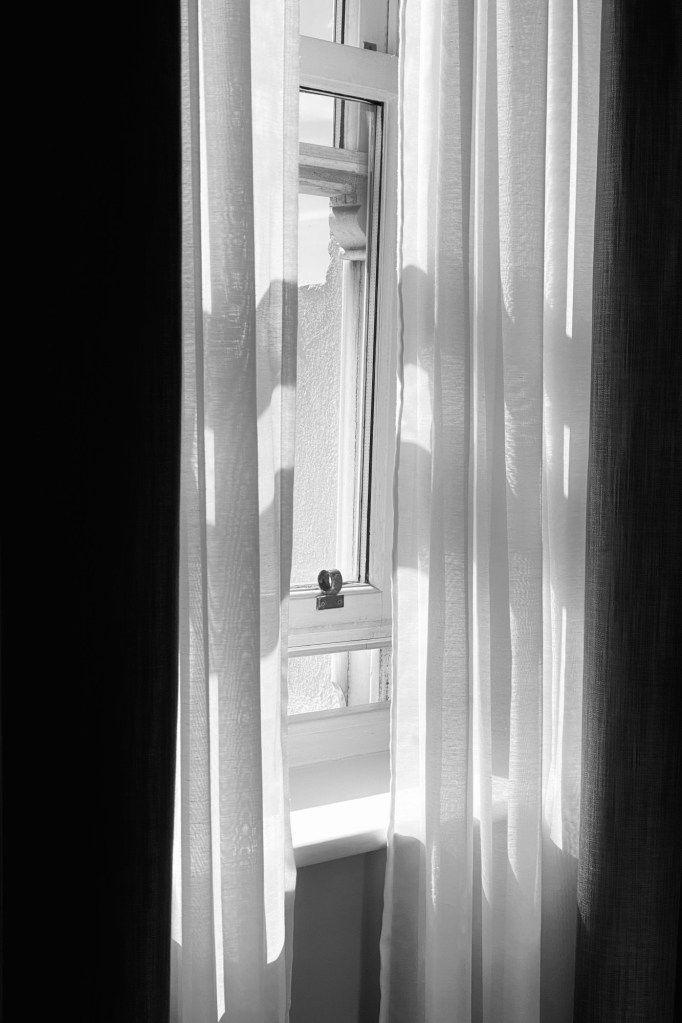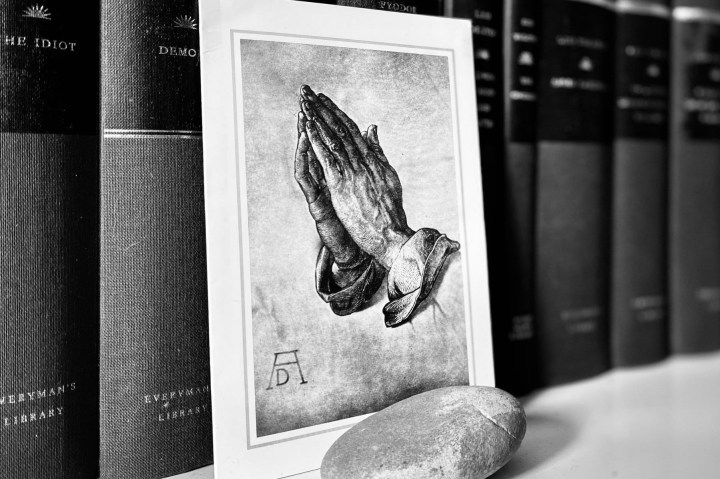A quiet evening reading from Tanquerey’s The Spiritual Life, first published in 1923:
“[The Psalter] is the most excellent of Prayer-books wherein we find in a language that always lives and never grows old, the most beautiful expressions of admiration, adoration, filial reverence, gratitude and love, together with the most ardent supplications, midst situations the most varied and trying […] To read and reread them, to ponder them and make their sentiments our own is surely a highly sanctifying occupation.” (Adolphe Tanquerey, The Spiritual Life: A Treatise on Ascetical and Mystical Theology)
























































